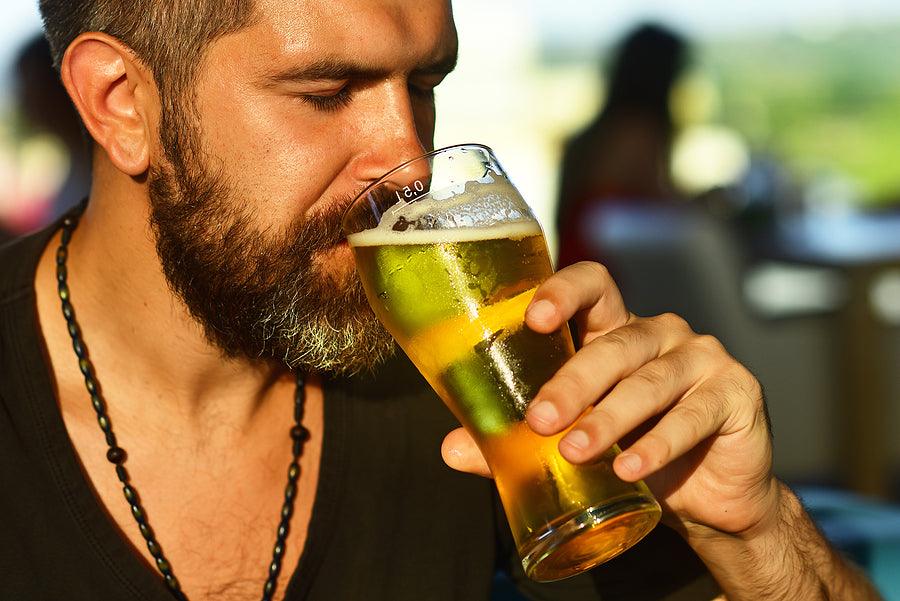
An estimated 60,000 UK adults will be giving up drinking for Sober October, Macmillan Cancer Support’s fundraiser and around 20 per cent of Brits say they do not drink alcohol at all, and for 16-to-24-year-olds, this figure rises to around 25 per cent.
Whether it’s alcohol-free mocktails and spirits, or non-alcoholic beer, there are many reasons why people abstaining from alcohol, including generational, constitutional, cultural, religious reasons. For others, it is perhaps realising that starting the day with a pounding and fuzzy head is not worth the trouble.
Non-alcoholic beers are a great way to reduce your alcohol intake while still being able to enjoy the taste and experience, and the social side of drinking beer. By removing the alcohol, you’re removing a toxic substance that can increase the risk of chronic disease.
According to the World Health Organization (WHO), alcohol is ‘a toxic and psychoactive substance' that “contributes to 3 million deaths each year globally and is responsible for more than 5 per cent of the global burden of disease.
Whether you’re just cutting back, pregnant, or in recovery from addiction, there are many reasons to consider these new options. But before you pick up a six-pack, here’s what you should know about non-alcoholic beers and your health.
What Is Non-alcoholic Beer?
Quite simply, non-alcoholic beers are beverages that have had the alcohol removed, or have been specially brewed to contain less than the legal limit of alcohol.
In the US and the EU, beverages can claim to be non-alcoholic as long as they do not exceed the limit of 0.5 per cent alcohol by volume (ABV). In the UK the two descriptors in common use are ‘Low alcohol’ for alcohol levels beneath 1.2 per cent ABV and ‘Alcohol-free’ where the alcohol is beneath 0.05 per cent ABV.
It’s is important to realise that there are trace amounts of alcohol in many everyday foods and beverages, as it is a natural product of fermentation. According to a study published in 2016 in the Journal of Analytical Toxicology, there were measurable levels of alcohol in bananas, apple juice, and even bread.
There are also some other benefits associated with non-alcoholic beer, beyond avoiding toxic chemicals, getting drunk, and suffering a hangover.
It has been embraced by some Olympic athletes as a sports drink, according to one report. Randomised trials published in the scientific journal Nutrients in June 2016 found that non-alcoholic beer could be an effective recovery beverage after exercise.
While there is not enough information available to draw a conclusion, some small scale studies of non-alcoholic beer have suggested that it can reduce inflammation and common colds.
Whenever you replace regular beer with non-alcoholic versions, it is a win for your health. However, do keep in mind that while non-alcoholic beers are lower in calories than alcoholic beers, they are not calorie- or carb-free, so you may want to inspect the label if you want to avoid added sugar or highly calorific beverages.
Next time you want to enjoy a beer without the hangover, or maybe rehydrate yourself after a 5k race, then why not consider one of our non-alcoholic beers?